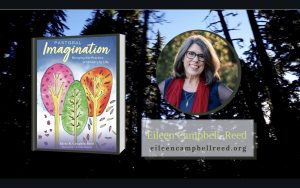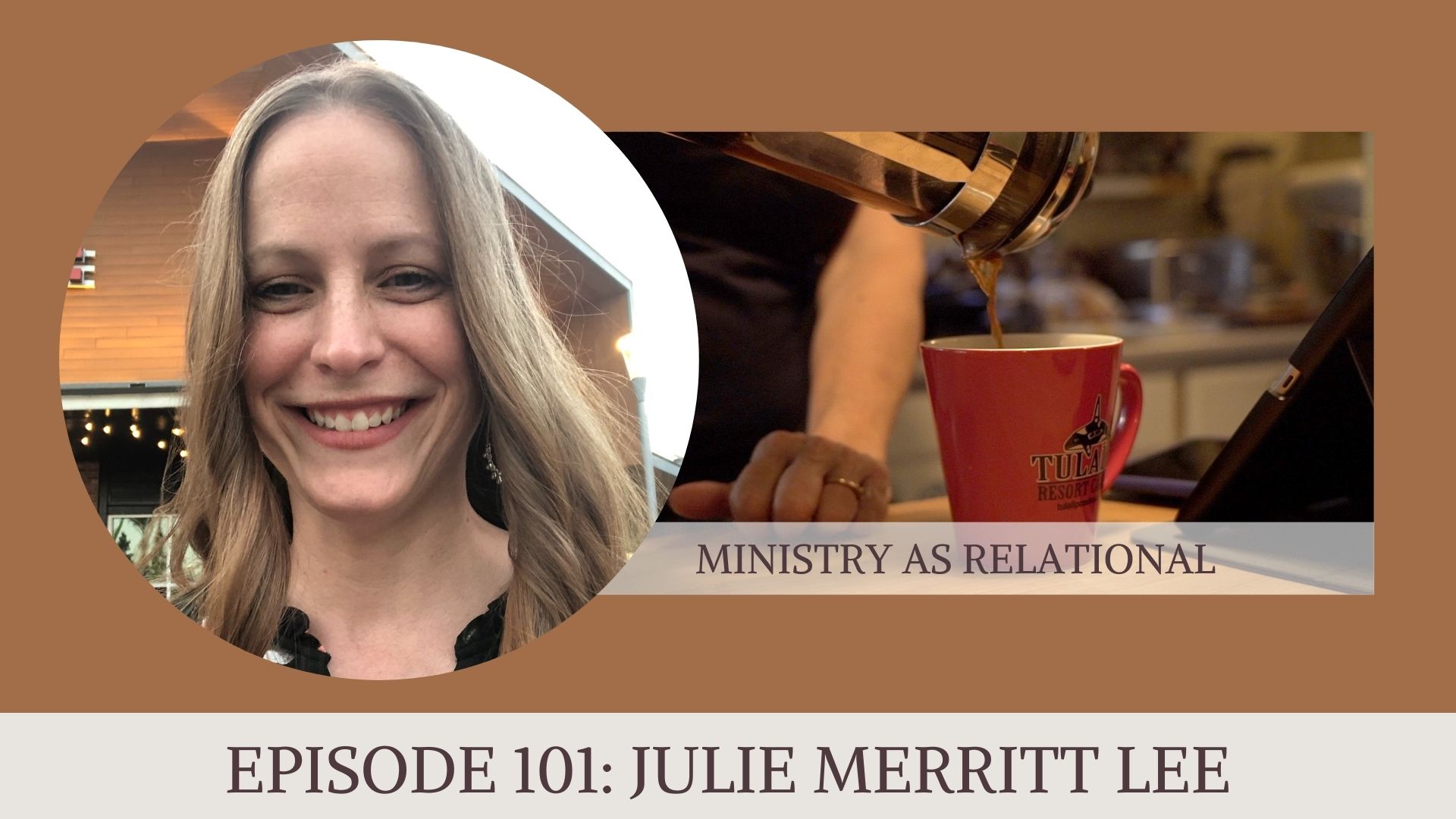International Women’s Day
Today is International Women’s Day around the globe. The theme for this year focuses on challenging the world in order to make it more equitable for women. Here at 3MMM we want to be explicit and clear that we are working for equity for people of all genders and sexual orientations. Although, women and girls do remain the largest and most excluded group in the world, they are not the only ones.
When we prioritize the lives, stories, contributions and needs of women, we move in the right direction. That direction is one that leads to more equity for women, non-binary people, trans women and men, and people who will not be reduced to a single orientation or gender-identity.
In churches and denominations we can see that welcoming women into all arenas of leadership is a crucial step to welcoming leaders who identify as LGBTIQA+. It is rare for a church to or denomination to shift their values in the reverse order.
How will you help forge a gender equal world?
Celebrate women’s achievement.
Raise awareness against bias.
Take action for equality.
We celebrate women’s achievements at 3MMM by featuring women’s stories, interviews, books and ideas more than half of the time. Today we are shining a spotlight on the ministry of Rev. Julie Merritt Lee. Consider our choice to be a counterbalance to all the ministry education, books, and websites that are dominated by stories, images, and words of men.
In this choice, we are raising awareness of gender bias and the gender gap. Along with gender bias are the entangled problems of racialized bias, class bias, and religious bias. These long-standing injustices just keep coming around. They take unrelenting challenges and persistence if we want to see change. Working through relational channels is one pathway to the changes we hope to see.
Ministry as Relational
In this week’s video we focus on the ways that ministry is relational. In my book Pastoral Imagination: Bringing the Practice of Ministry to Life (landing in just over two months!) I explore in depth the ways that ministry is an embodied, relational, integrative and spiritual practice.
It sounds obvious to say “ministry is relational.” How could it not be? And yet still need to focus on industry is more than tasks or skills reading roles. When we focus on how ministry is our relationship with the sacred and each other, then we see just how high the stakes are.
See what Rev. Julie Merritt Lee has to say about the stakes of ministry below. And take three minutes to see what Trong learns about the relational character of ministry from his first ministry mentor in this week’s video.
More on Ministry As Relational | video | blog | podcast
Learning in Practice with
Julie Merritt Lee
We invited Rev. Julie Merritt Lee, a pastor, spiritual director and writer to join us this week. She lives in Texas and is currently taking new spiritual directees. Maybe you have been in search of a spiritual director?
Maybe you would like to know more about spiritual direction? See what Julie has to say about it here.
From her web home, Mystic Mama, we learn that Julie was formerly the pastor of Providence Baptist Church in Hendersonville, North Carolina for seven years. She did her spiritual direction training at the Haden Institute where she received her certificate. Julie is most at home in a hammock or running around with her little mystics.
What questions do you live by?
JML: The following questions help me.
Have I contemplated my mortality today? And a second is the complement to this question “What am I grateful for today?”
Have I interrogated my assumptions and implicit biases today?
Where are my blindspots? Who can I invite into my life to help me see them?
Am I staying grounded, present to the moment or am I flying off somewhere?
Am I holding all things lightly or am I holding on too tight? Where are my attachments? If I look under that rock, I usually see where I am suffering.
What questions do you wrestle with in your practice of ministry?
JML: I wrestle with a number of questions.
- Am I making space for the other, allowing them to find their inner wisdom?
- Where is my shadow rearing its head? How can I befriend my shadow and harness its energy for good?
- Am I projecting onto others? I always ask this to make sure I’m not layering onto another my own interpretation of their experience.
- Am I staying differentiated in times of anxiety?
- Where is grief hiding?
What tools, approaches, or practices guide you in the relational aspects of ministry?
JML: This may sound incredibly obvious and mundane but true: active listening is the greatest tool to deepen one’s connection with another human soul. In fact, I’ve read entire books on how to become a better listener, and it’s quite involved.
Listening is the only communication skill we don’t teach in American schools. We teach debate, rhetoric, speech, etc, but not listening! The greatest way to become a better listener is by starting with doing one’s inner work.
The three greatest tools to authentic relationships in ministry are the following.
- Learning to get outside of oneself,
- not “reloading” while listening,
- and being present to the moment.
People are starving to be listened to, to be heard, to be cared for. And it’s quite simple, and yet incredibly challenging for us to “listen another’s soul into existence.”
How do you show up relationally for the people in your life? #RelationalMinistry #ListeningIsEverything #MinistryAsRelational #PracticeOfMinistry pic.twitter.com/FBNKcv0DhJ
— Three Minute Ministry Mentor (@3MinuteMin) March 8, 2021
You have worked with the Enneagram. How has understanding the Enneagram shaped your practice of ministry?
JML: Enneagram work is also a wonderful tool for relational ministry. Recognizing the variabilities in each person’s journey is crucial to making space for another and companioning them on the journey. What’s important here is recognizing the Enneagram is not “just” a personality test. It shows us how all of these parts live within ourselves, and how we move towards integration and disintegration based on our woundedness and healing. This is soulful work, and the Enneagram gives us language to help return us to our inner essence.
Relational ministry is soulful by definition, because it’s two or more souls working or companioning together. Thus, this is the very heart of ministry. Anything less, is just mere programs and mindwork. I find that a good dose of Jungian psychology is also very helpful in navigating relational ministry. As alluded to earlier, recognizing our own shadows, our projections onto others, our transference and countertransference is extremely helpful in having authentic relationships and working with conflict.
How has your practice of ministry changed over time?
JML: Most noticeably, I have changed roles as a minister–from a pastor of a church to a spiritual director and dream work facilitator. The most obvious way my approach to ministry has changed is by incorporating the body into all that I do.
When teaching, I approach the material from an embodied perspective, examining how everything we are learning affects the body. I’m always staying tuned in to how trauma affects the body and how unconscious material makes itself known first through the body. When working with a spiritual directee, I always take an embodied approach–turning into body practices, body prayers, and other forms of body work that help deepen one’s grounding and centering.
What is on your must-read list right now?
JML: Here are some of my top must-reads at the moment:
- Wild Mercy by Mirabai Starr
- The Body Keeps the Score by Bessel van der Kolk
- Women Who Run with the Wolves: Myths and Stories of the Wild Woman Archetype by Clarissa Pinkola Estes
- Living Into God’s Dream: Dismantling Racism in America edited by Catherine Meeks
++++++++++++
 “Ministry as Relational” is the topic of one of fifty chapters of Eileen’s forthcoming book, Pastoral Imagination: Bringing the Practice of Ministry to Life . Pre-orders are open now!
“Ministry as Relational” is the topic of one of fifty chapters of Eileen’s forthcoming book, Pastoral Imagination: Bringing the Practice of Ministry to Life . Pre-orders are open now!
We are working on a special opportunity for you to order both Pastoral Imagination and its companion journal. Announcement coming soon!
This week as you pay attention to the relational character of your practice of ministry, please think about who needs a connecting point. Who is exploring vocation like Trong and could use a listening ear? Who is your go-to person who will listen to you?





